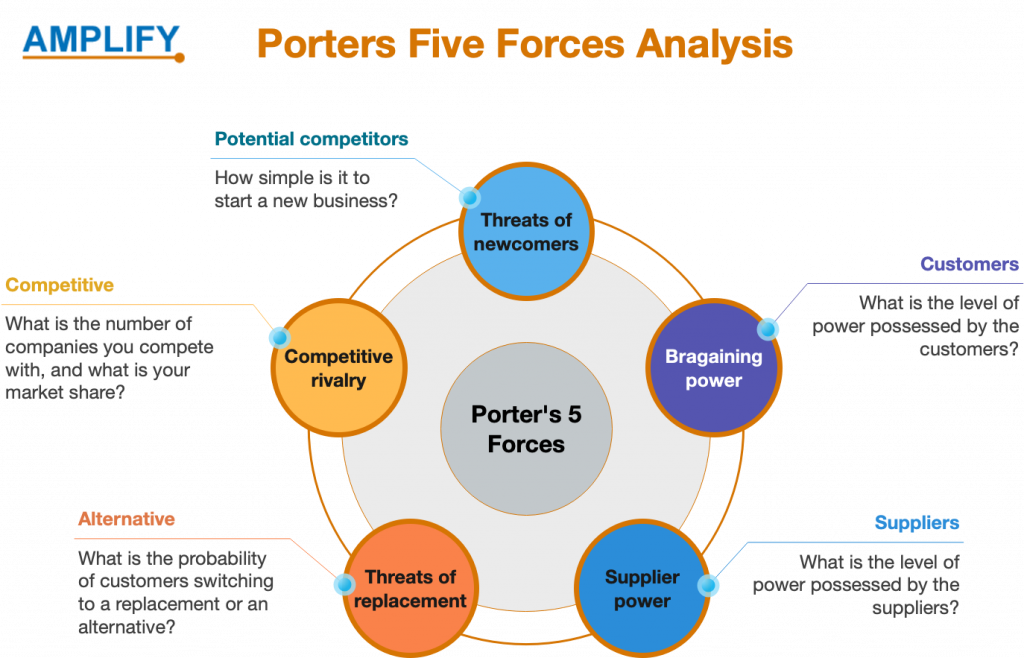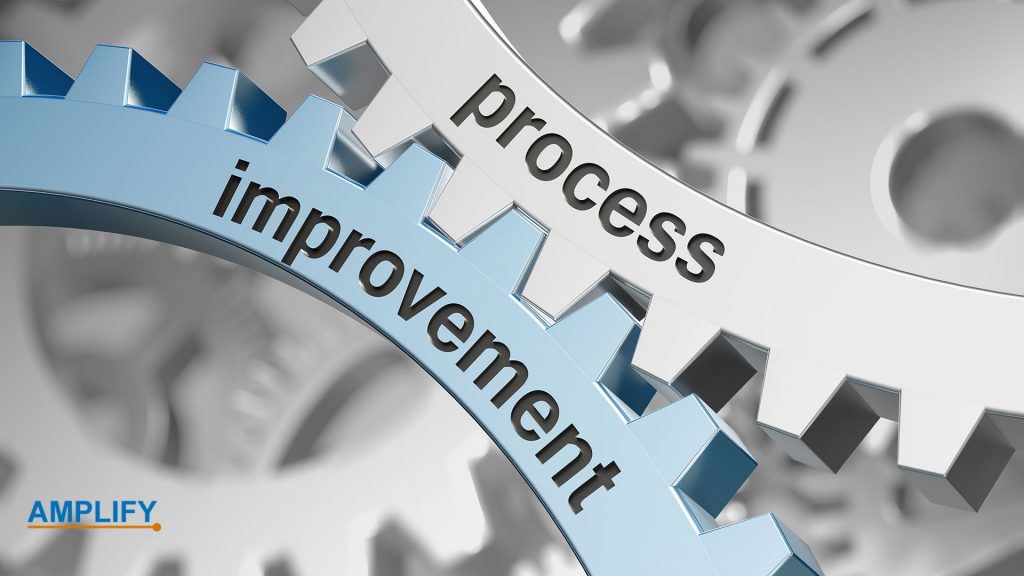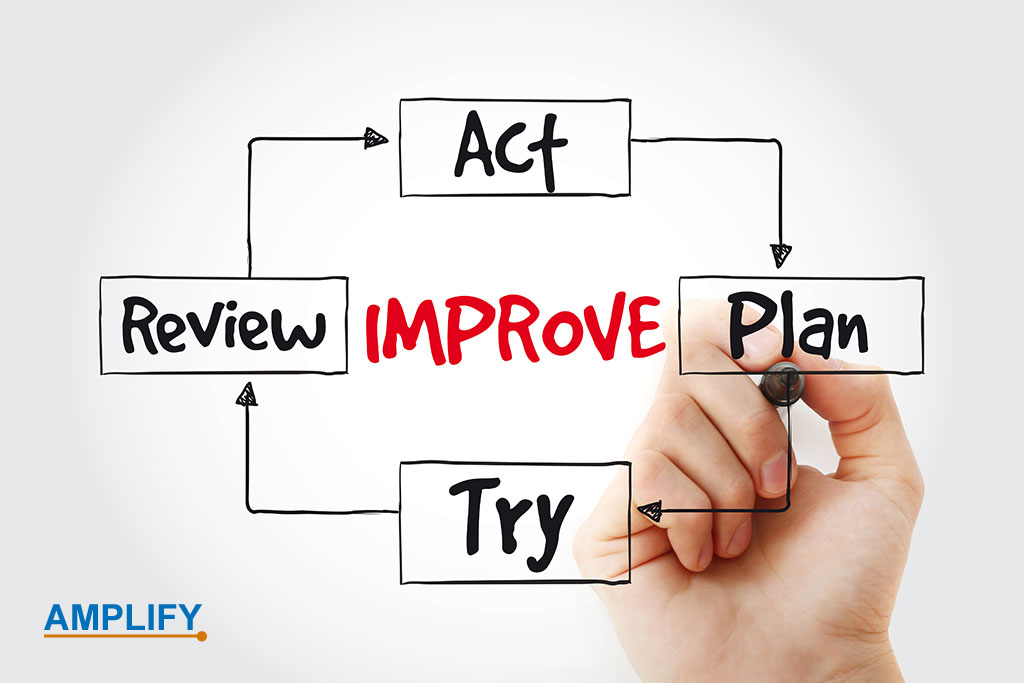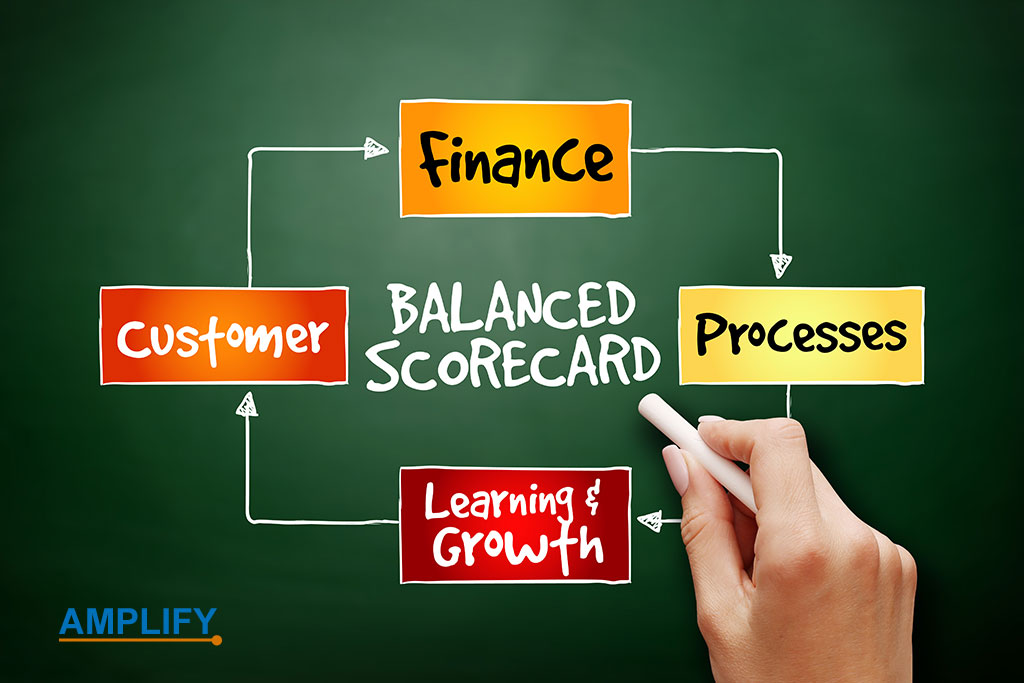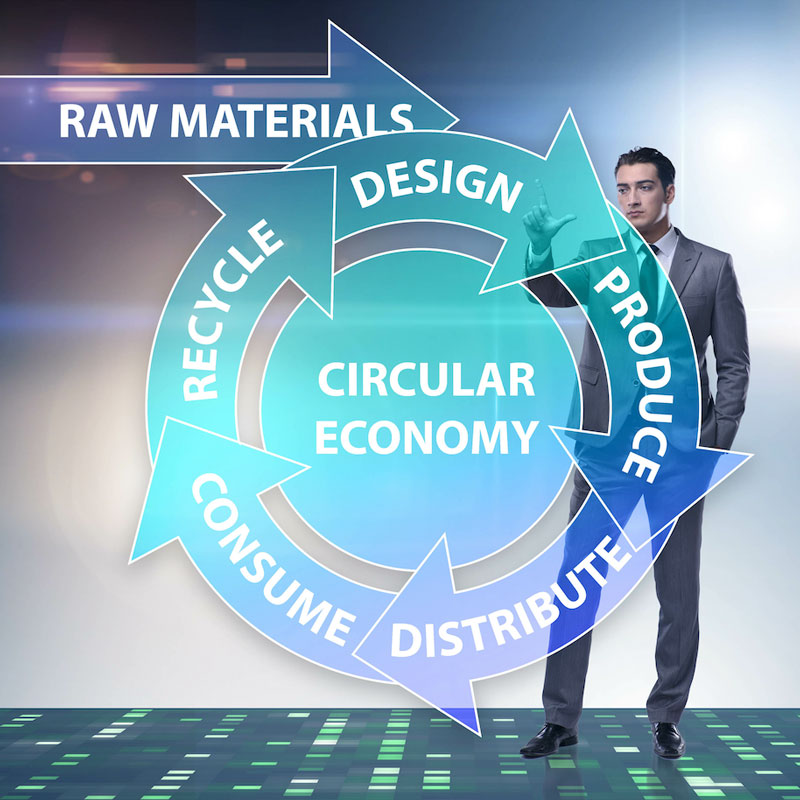In business development, effective contract management involves planning, negotiating, executing, monitoring, and closing agreements with stakeholders like customers, suppliers, partners, and employees. It’s crucial for generating value, reducing risks, and enhancing relationships. The digital age brings fresh challenges and prospects to contract management, such as data security, remote collaboration, compliance, and automation. How can you gain expertise in the fundamental tools and abilities for efficient contract management in the digital era? Please take a look at the following recommendations.
Effective communication and negotiation skills are critical for business development.
Effective contract management in business development entails planning, negotiating, executing, monitoring, and closing agreements with stakeholders, including customers, suppliers, partners, and employees, to create value, minimize risks, and improve relationships. The digital age poses new challenges and opportunities, such as data security, remote collaboration, compliance, and automation. How can you master the essential competencies and tools for successful contract management in the digital era? Here are some suggestions.
Data analysis and reporting.
In the digital age, gathering, storing, retrieving, and analyzing large volumes of data from various sources, such as contracts, invoices, payments, feedback, and audits, is critical. Effective contract management requires data analysis and reporting to assess contract performance, outcomes, and risks and identify areas for improvement. Use spreadsheets, dashboards, analytics software, and cloud services to enhance data analysis and reporting capabilities and present data concise, actionable format.
How can technology and innovation improve contract management?
Utilizing technology and innovation is crucial for contract management as it allows for streamlining, automating, and optimizing the entire contract lifecycle. Digital signatures, e-contracts, smart contracts, blockchain, and artificial intelligence are examples of technologies that can enhance the contracting process’s efficiency, accuracy, and security. Capitalizing on the advantages of technology and innovation can result in cost savings, quicker delivery, improved quality, and increased value. Contract management software, platforms, and applications can help you develop these skills.
Compliance with legal and regulatory requirements.
Compliance and risk management are vital for contract management as they ensure that legal and regulatory obligations are met while reducing potential risks and liabilities. Audit audits, policies, procedures, and insurance are utilized to enhance compliance and risk management skills. In the digital age, contract monitoring, and revision are necessary to keep up with evolving laws, regulations, and best practices such as data protection, privacy, and cybersecurity. Managing potential hazards and problems during contract execution, such as disputes, breaches, and delays, is also crucial.
Collaboration and relationship
Effective collaboration and relationship building is crucial for contract management, allowing you to work efficiently with internal and external stakeholders. Online tools enable collaboration across various locations, time zones, and cultures. Building trust and transparency while resolving conflicts is also essential. Utilize communication software, project management tools, and social media to improve your collaboration and relationship-building skills.










